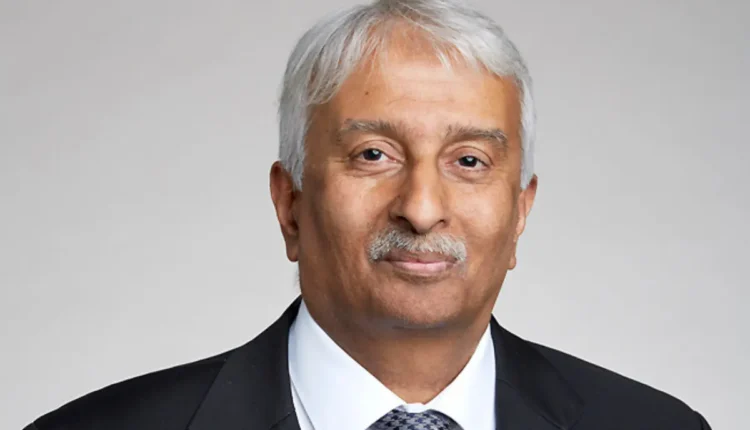In the vast landscape of medical science, few names shine as brightly as Vengalil Krishna Kumar Chatterjee. Born on April 23, 1958, Chatterjee has carved a niche for himself as a distinguished British endocrinologist, whose groundbreaking work has significantly advanced our understanding and treatment of thyroid disorders.
His journey from a young medical student to a renowned professor at the University of Cambridge is not just a testament to his dedication and brilliance but also an inspiration for aspiring scientists worldwide.
Early Life and Education of Vengalil Krishna Kumar Chatterjee
Vengalil Krishna Kumar Chatterjee’s early life set the stage for his future achievements. Born in a family that valued education and curiosity, he pursued his initial studies at the prestigious Wolfson College, Oxford.
Here, Vengalil Krishna Kumar Chatterjee earned his Bachelor of Arts degree followed by a Bachelor of Medicine, Bachelor of Surgery degree in 1982. These formative years were marked by a deepening interest in endocrinology, the branch of medicine that would become his life’s passion.
Pioneering Research and Career Achievements
Vengalil Krishna Kumar Chatterjee’s career is distinguished by his relentless pursuit of knowledge and his innovative approach to understanding complex genetic disorders. His research has primarily focused on the thyroid gland, an essential part of the endocrine system. His discoveries regarding genetic disorders affecting thyroid gland formation and hormone regulation have been revolutionary.
One of Chatterjee’s most notable contributions is his work on the hypothalamic-pituitary-thyroid axis, a crucial hormonal feedback loop that regulates metabolism. By identifying dominant negative inhibition by defective nuclear receptors, he shed light on the mechanisms behind thyroid hormone resistance. This groundbreaking discovery has paved the way for new diagnostic and therapeutic strategies, benefiting countless patients with thyroid conditions.
Moreover, Vengalil Krishna Kumar Chatterjee’s research on peroxisome proliferator-activated receptor gamma (PPARγ) has provided significant insights into insulin resistance, a key factor in diabetes and metabolic syndrome. His work has not only enhanced our understanding of these conditions but also opened new avenues for treatment.
Collaboration and Recognition
Collaboration has been a cornerstone of Chatterjee’s career. He has co-authored papers with several notable scientists, including Sadaf Farooqi, Stephen O’Rahilly, Antonio Vidal-Puig, and Nick Wareham. These collaborations have further enriched his research, leading to numerous breakthroughs in endocrinology.
Chatterjee’s contributions have not gone unnoticed. In recognition of his services to people with endocrine disorders, he was appointed Commander of the Order of the British Empire (CBE) in the 2023 New Year Honours. This prestigious accolade is a testament to his impact on medical science and his dedication to improving patient care.
Also Read:Tanya Sue Chutkan: Champion of Justice in the U.S. District Court

